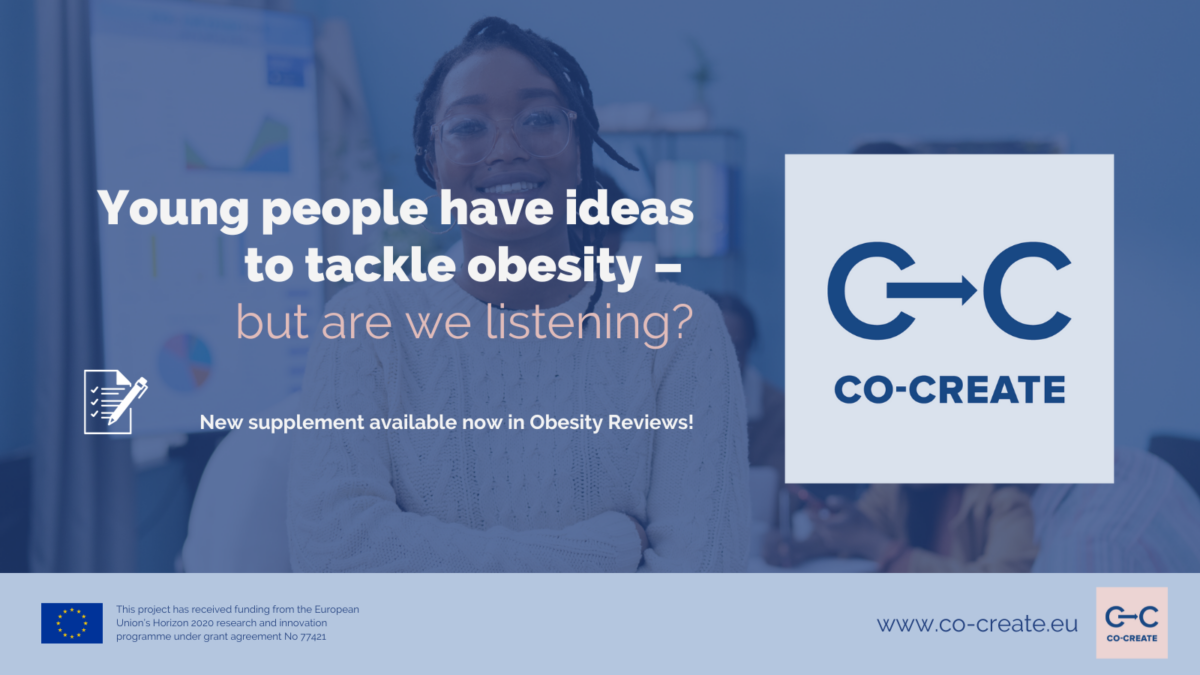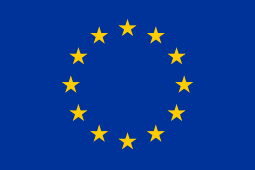
Young people have fresh ideas for tackling the obesity crisis in Europe, according to new research published this week on September 27th 2023 in the journal Obesity Review (1).
Adolescents and young adults are the policy-makers and parents of tomorrow, and can be significant agents for change. Researchers seeking to find solutions for the obesity crisis usually follow the traditional paths of looking at diets and physical activity, but a new project funded by the European Union (2) asked young people what problems they experienced and what their priority solutions would be.
During the process of bringing young people together and developing methods for assessing their views, it became clear that the researchers were in many ways “too old” to fully comprehend the world experienced by modern youth. As one adolescent said, “You ask me about access to green spaces, but I don’t live there. I live online.”
For young people, the issue of obesity is embedded in a wider context concerning their peer groups, their body image, self-confidence and self-determination, and these in turn are shaped by media influencers and role models, some of which are promoted by commercial interests from clothing and cosmetics to music and sports.
“Avoiding obesity is only one of many priorities for adolescents as they develop their self-identity and try to remain free of anxiety from peer pressure,” said Professor Knut-Inge Klepp, from the Norwegian Institute for Public Health and leader of the CO-CREATE project (3). ”If an adolescent is already living with obesity, then they need to deal with social exclusion, discrimination, bullying, media-reinforced stigma and internalised self-hatred.”
“Offering young people advice on diet or exercise is simply not enough,” he said. “The CO-CREATE project has shown that tackling obesity for young people means understanding their social and psychological experiences, supporting their psychological resilience alongside their physical health, and supporting changes to their environment to make this easier”.
Besides making clear the importance of the psycho-social aspects of obesogenic environments, including social media influencers and peer pressures, other aspects of the obesogenic environment were clearly of concern. A significant output of the CO-CREATE project is the Youth Declaration, written by a group of young people, which calls for structural changes in the food environment: including banning the promotion of unhealthy foods to children under the age of 18 years in mass media and social media, taxing sugar-sweetened beverages, improving the school food environment and providing a greater variety of physical activity opportunities.
However, power relations are also of key importance for young people. There are very few opportunities for their demands for policy change to be heard by policymakers. “Excluding young people from democratic participation means their experiences and proposals are ignored,” said Professor Klepp. “But if we don’t listen, we will never know what matters for their health.”
Find the original article on the Supplement on the CO-CREATE project website.
Notes:
- The CO-CREATE Supplement in the journal Obesity Reviews is available here.
- CO-CREATE is a Euro10m project funded by the European Union’s Horizon 2020 research and innovation programme as part of the response to tackle the childhood obesity epidemic. Over a 5-year period (2018-2023), CO-CREATE has worked with young poeple to develop policy actions to promote a healthier food and physical activity environment. Details of the CO-CREATE project can be found here.
- Professor Knut-Inge Klepp, director of the CO-CREATE project, National Institute for Public Health, Oslo, Norway. Contact e-mail: [email protected]
 The CO-CREATE project has received funding from the European Union’s Horizon 2020 research and innovation programme under grant agreement No 774210.
The CO-CREATE project has received funding from the European Union’s Horizon 2020 research and innovation programme under grant agreement No 774210.
The content of this media release reflects only the authors’ views and the European Commission is not liable for any use that may be made of the information it contains.